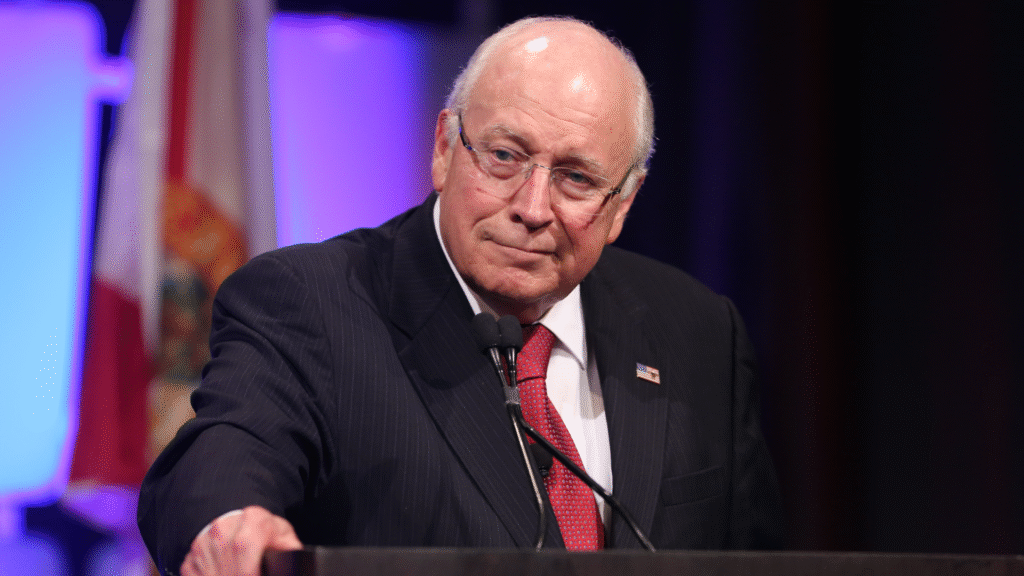Dick Cheney, former U.S. Vice President under George W. Bush, has died at 84 from complications related to pneumonia and heart disease. His family confirmed the news, describing him as a man devoted to his country and family.

Cheney’s political career spanned decades. He began in the Nixon administration, became Chief of Staff under Gerald Ford, served as Secretary of Defense under George H.W. Bush, and later returned to the White House as vice president. He was often called one of the most powerful figures to ever hold that office.
His influence on U.S. foreign policy was profound and divisive. He shaped much of the response to 9/11 and the Iraq War, decisions that remain debated to this day. Beyond politics, Cheney’s life was marked by resilience. He survived five heart attacks and underwent a heart transplant in 2012, living many years beyond what doctors once expected.
With his passing, America loses a towering figure in modern politics. Cheney’s legacy, complex as it is, remains a reminder of how power, conviction, and consequence often walk hand in hand.








